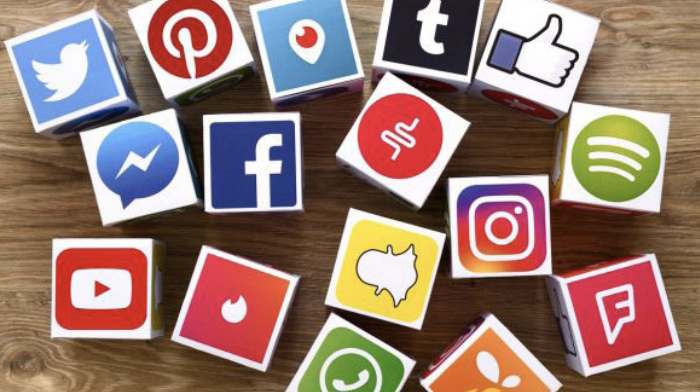Student Perspectives on Social Media Culture
Social media poses threats to student mental health.
October 27, 2021
The rise of social media in the past 20 years affects the current student population in ways that are coming to fruition for the first time. Technology and the internet are constantly changing parts of our world, which makes the cultural side-effects and lack of regulation difficult to counteract. However, with scandals like the one brought forth by the Facebook whistleblower, the truth about social media’s effects have become a more pressing issue, and students are voicing how they feel about it.
Facebook is not a novice when it comes to scandal involvement. Recently, The Wall Street Journal’s “The Facebook Files” series reported about 11 of Facebook’s shady practices. Each article stripped away another layer of Facebook’s masked identity, shedding light on the company’s extensive forms of manipulation and malpractices.
One example derived from the series was the system Facebook put in place that supposedly regulates and fact-checks all user content for violence or falsehoods, but in reality, it excludes individually high-profile accounts to give them free reign to harass and spread whatever they please.
Another article, “Facebook Knows Instagram Is Toxic for Teen Girls, Company Documents Show,” sparked major discussion over Facebook’s effects on younger generations.
“More than 40% of Instagram’s users are 22 years old and younger,” the article said. “And about 22 million teens log onto Instagram in the U.S. each day.”
The information exposed Facebook for harboring research about its sites being direct causes of teenage girls having body image issues, eating disorders and suicidal thoughts. Facebook tried to hide this information, until a former employee named Frances Haugen took it to the public. Last month, the former product manager went in front of Congress vying for stricter laws to regulate Facebook and other social media sites to prevent the harms perpetuated by these sites in younger populations.
These negative effects are directly correlated with mental health, something receiving more focus as it continues to become more of an issue in society. In May 2020, the country saw a spike of teen suicide attempts by 50% for girls and 4% for boys, according to the Center for Disease Control and Prevention. With suicidal thoughts and mental health issues sharply increasing among the younger generation, and Facebook’s recently released information about its similar harmful effects, concern about the well-being of teenage and college individuals takes precedence.
The student population on campus is a part of the social media generation, so The Villanovan asked some individuals to speak on the social media culture issue.
“I wish it were easy to change the way social media has affected our lives, minds and relationships (with others and ourselves),” one anonymous junior said. “I just don’t know where to start.”
Another anonymous student spoke of her experience using Instagram.
“I love to hype people up and post pictures of cute outfits and stuff,” she said. “But sometimes, I can feel myself going to an event or getting an outfit with an Instagram post in mind, and I hate that I do that.”
However, the student also mentioned another side of social media, one with more positive connotations.
“I’ve been able to read about a lot of cool people and actually engage with some positive mental health sites,” another student reported. “It’s not always bad.”
This past year marked the launch of one of the Instagram sites of that nature. The Villanova Chapter of IfYoureReadingThis.org is a space where University students share stories of hope about personal mental health experiences. Since its launch, the Instagram page has gained more than 700 followers. As one side of social media works to tear down mental health, this one aims to help it rebuild.
While there are multiple sides to social media, both good and bad, the facts still remain. Social media sites often have detrimental effects, the results of which are still on the precipice of their greatest intensity.
One sophomore summed up social media culture in what was the most common theme among respondents.
“Social media doesn’t equate to real life,” she said. “It’s just all so fake.”













